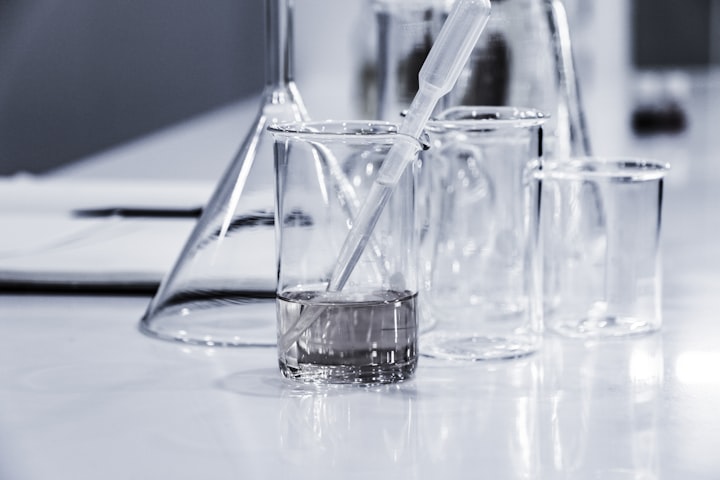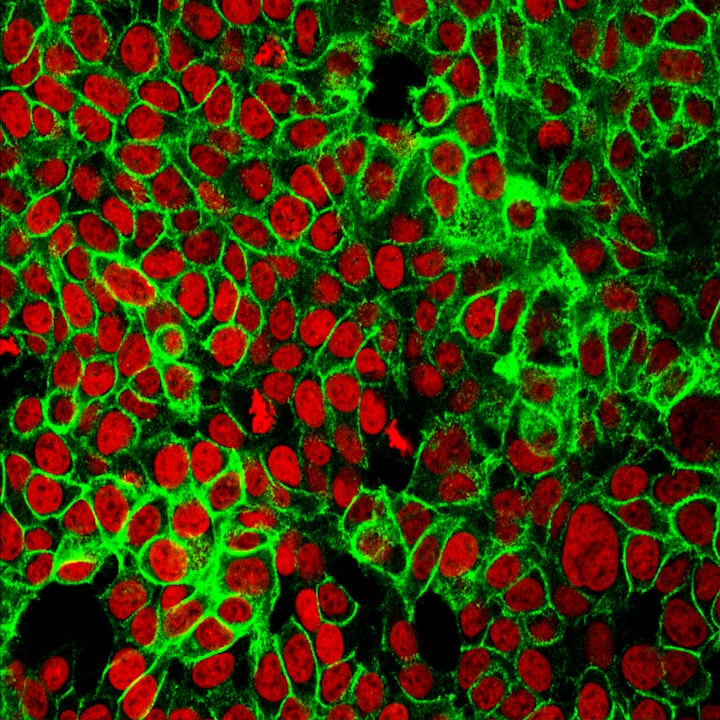Why Does Licking Your Lips Help You Whistle Better?
Discover why licking your lips improves whistling performance. Saliva fills lip gaps to aid airflow for clearer notes.

When you find yourself puckering up to whistle along to your favorite tune, you may notice that licking your lips helps you produce a clearer, more consistent sound.
But what exactly is the science behind this phenomenon?
### Formation of Saliva:
Licking your lips leads to the production of saliva, which serves as a lubricant between the surfaces of your lips. This lubrication reduces friction and helps your lips glide smoothly over each other, making it easier to shape them into the necessary position for whistling.
### Closing Gaps and Cracks:
Saliva has a remarkable property that allows it to fill in the small gaps and cracks on the surface of your lips. When whistling, these imperfections can disrupt the airflow, causing an inconsistent or muted sound. By moistening your lips with saliva, you effectively seal these gaps, creating a more airtight chamber inside your mouth. This enables the air to flow uniformly over your lips, producing a clear and sustained whistle.
### Moisture Retention:
In addition to filling the gaps, saliva helps to retain moisture in your lips, preventing them from drying out. Dry or chapped lips can hinder the necessary lip tension for effective whistling. Therefore, by moistening your lips with saliva, you ensure they remain supple and flexible, allowing for better control and modulation of the airflow as you whistle. Moreover, the moisture from saliva enhances the resonance of your lips, resulting in a more resonant and melodious sound.
### Lubricating the Mouth Cavity:
Beyond moistening the lips, saliva also acts as a natural lubricant within the mouth cavity. This lubrication facilitates smoother and more precise movements of the tongue and the roof of the mouth, aiding in the formation of the precise shape needed for whistling.
In conclusion, the act of licking your lips before whistling is a simple yet effective method for optimizing the acoustic performance of your lips. The strategic application of saliva serves to reduce friction, fill in gaps, retain moisture, and facilitate smooth movements within the mouth cavity, all of which collectively contribute to the remarkable improvement in the clarity and consistency of your whistling.






